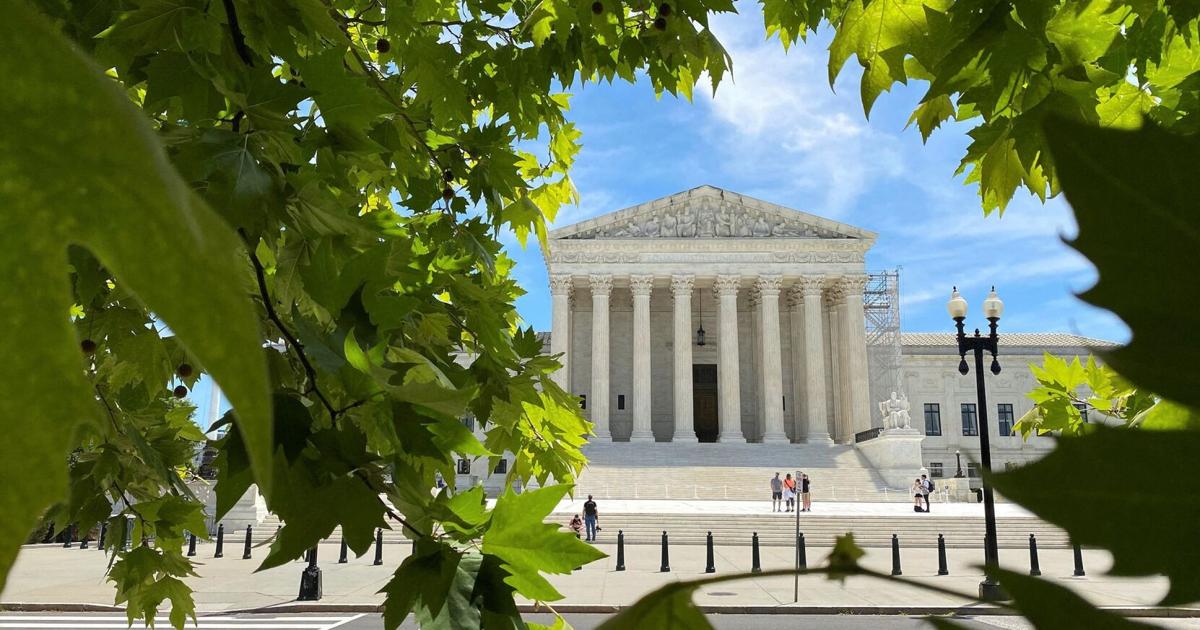

Supreme Court Upholds Mississippi Law on Social Media Age Verification
In a significant ruling on Thursday, the United States Supreme Court lifted a freeze on the enforcement of a Mississippi law requiring major social media platforms to verify the ages of their users and obtain parental consent for minors. This ruling represents a notable development in the ongoing dialogue surrounding child safety online, especially in light of increasing concerns about the risks posed by digital interactions.
The Court’s decision arrived without dissent and, as is customary on emergency matters, it did not provide an accompanying explanation. However, Justice Brett Kavanaugh voiced a noteworthy concurrence, articulating skepticism about the law’s constitutionality but ultimately concluding that the social media companies involved had not adequately established that compliance would lead to irreparable harm.
This law has emerged amidst a backdrop of rising alarm over the safety of children on social media platforms, with reports of dangerous online practices such as “sextortion.” In one distressing incident highlighted by state officials, a Mississippi teen tragically took his life after facing threats from an individual posing as a female on Instagram. Such cases have driven proponents to characterize the law as essential for the protection of minors in an increasingly hostile online environment.
Opposition to the law, spearheaded by a coalition of prominent social media companies including Facebook and Instagram, has centered on claims that it violates First Amendment rights. The Electronic Frontier Foundation, representing some of these platforms, referred to the law as a “well-intentioned but fundamentally flawed” mechanism for safeguarding minors online. They pointed out that while the intentions behind the legislation may be sound, the practical implications could infringe upon user privacy and freedom of expression.
Moreover, LGBTQ advocacy organizations have raised concerns regarding how such a law could hamper the ability of LGBTQ youth to find supportive online communities. They argue that social media platforms serve as critical safe spaces for young people seeking to explore and affirm their identities.
Penned into law in the previous year, the Mississippi statute imposes substantial penalties of ,000 per violation and introduces criminal sanctions for non-compliance. Following a temporary injunction issued by a federal district court, the 5th U.S. Circuit Court of Appeals intervened to allow the law to go into effect, setting the stage for potential further legal scrutiny as lower courts assess the constitutionality of the law.
This ruling also echoes the earlier Supreme Court decision upholding a Texas law mandating age verification for access to pornographic websites, which underscored the state’s responsibility to protect minors from inappropriate content. As courts continue to navigate these complex legal waters, the debate over balancing child safety with civil liberties remains a focal point in discussions about digital media regulation across the United States.
As this story develops, it will undoubtedly have significant implications for the broader landscape of online safety legislation and First Amendment rights, making it a critical area of interest for policymakers, legal experts, and digital rights advocates alike.




